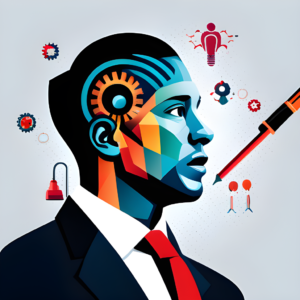How will AI influence the labour market?

The OECD employment outlook report (2023) focuses on the current and future influence of AI on the labour market. Focusing on skills needs it highlights the following:
- Some skills (e.g., psychomotor abilities, language production and comprehension, planning, advising) can be replicated by technology so AI is likely to impact skill needs in the near future.
- Increased demand for skills in developing, maintaining and using AI will occur but also more generally for digital and data science skills, and transversal skills.
- Developing AI skills should occur both through formal training and on-the-job.
- To foster AI development and adoption training should not only target vulnerable groups.
- Lack of AI adoption in companies may be due to lack of information regarding its benefits or lack of skills. After adoption, companies should provide training for their employees.
- Public policies are central to ensure training from education to lifelong learning. While most recognise the importance of these skills, measures to promote their development are not sufficient.
- AI can also be used to improve training for the development of skills. However, there are certain risks that must be addressed.
OECD (2023), OECD Employment Outlook 2023: Artificial Intelligence and the Labour Market, OECD Publishing, Paris, https://doi.org/10.1787/08785bba-en.
And for an overview with some graphs and infographics: https://oecd.org/employment-outlook/2023/

